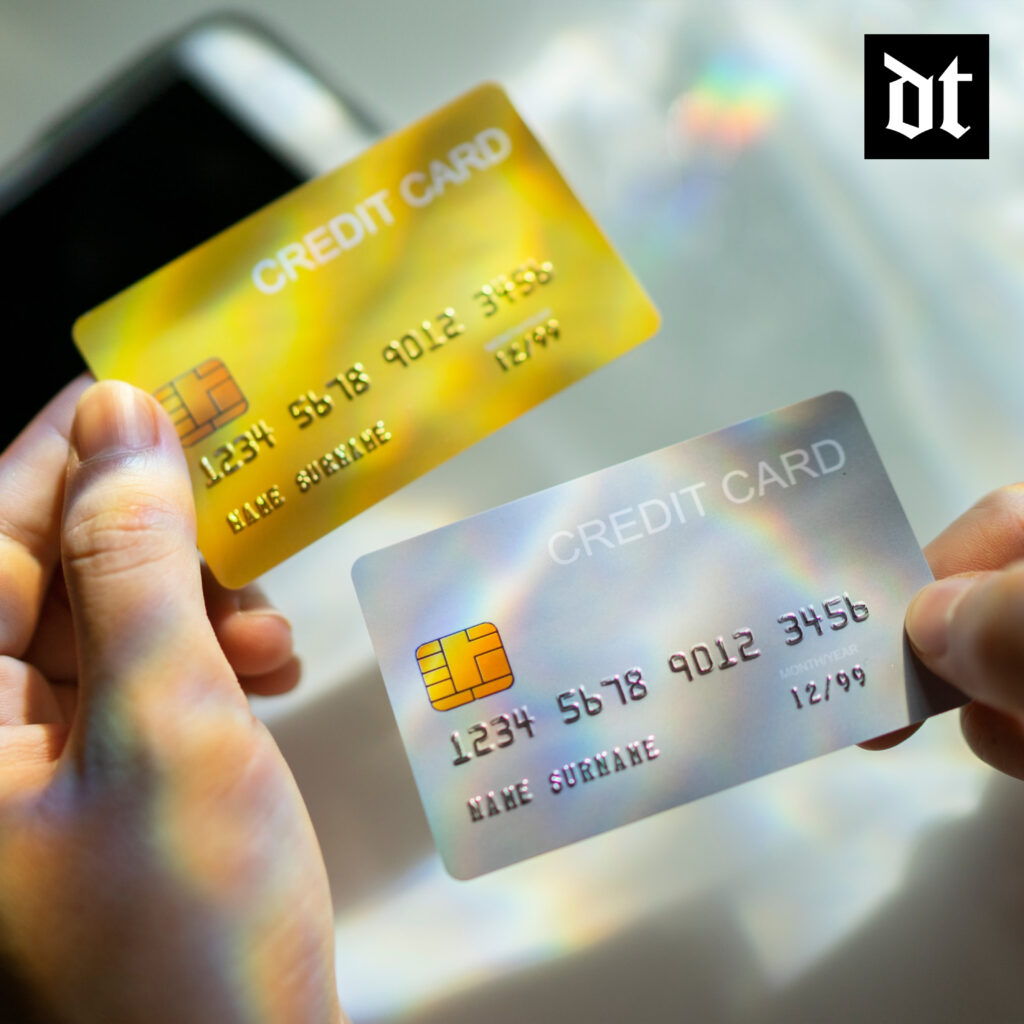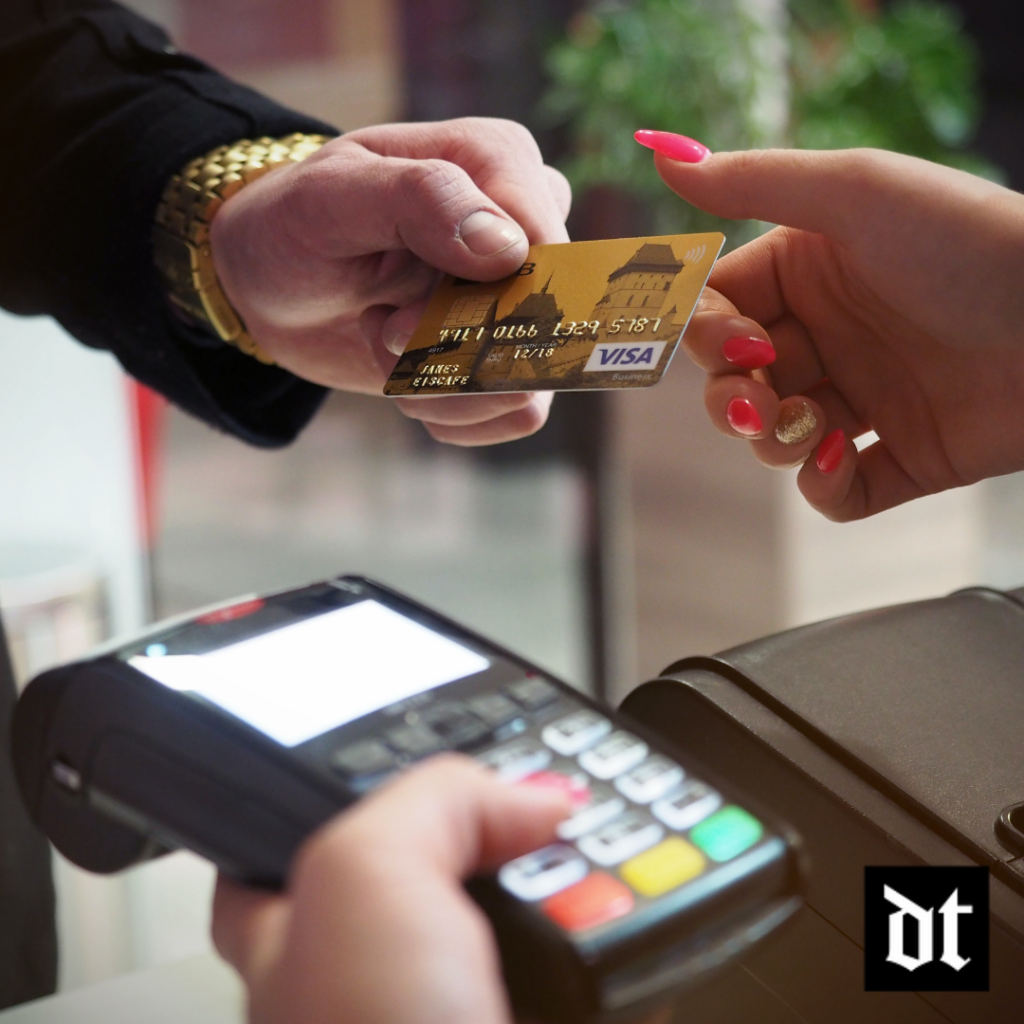
Yes! You finally did it! The calls stopped, monthly payment reminders are off and the dark cloud of looming debt is clear. It took discipline, and self sacrifice but you can say you are debt free. Now that there are no credit cards accumulating interest on your account, you probably want to stay away from debt. Maybe even fighting the urge to cut your credit card in pieces; the simple answer is “Don’t”.
Credit cards are part and parcel of modern life. They come in handy and when used responsibly they can benefit your financial health. Clearing your credit card debt does not call for completely cutting out credit card use in your life but rather learning how to properly use them to tailor your financial health. That said, here is what you need to do.
1. Don’t Close The Accounts

On the surface closing your credit cards sounds like the best solution to avoid landing in debt altogether; however this will do more harm than good for your credit. When you close your credit card, your credit pool becomes smaller which could drop your card a few points affecting your credit score. Even when you choose not to use it, keep your credit card open.
2. Set Ground Rules
What first landed you in trouble with your credit card is not using it, but using it irresponsibly. To avoid that this time, set some rules around your spending. To keep your spending under control, establish how many times to use your credit card and on what; this will help you avoid racking up a high balance.
3. Start Small

You have just gotten out of consuming debt, you are nervous about using your credit card again, understandably so. But since it is important to keep your account active, start small. Using your credit card for small purchases and payments is a great place to start. Small purchases like gym membership, and Netflix subscription with smaller risk can go on your credit card.
4. Secure Credit
If you are hesitant about starting to use your card, securing credit is a great transition before gaining the confidence to go back to a normal credit card. You will need to deposit some cash on your card which will act as collateral. The amount you deposit will function as your credit limit, so you will be limited to taking out what you can actually afford.
5. Pay Balance In Full
Credit card debt problems do not occur overnight. It takes piling of the debt and carrying forward debt balance from month to month for it to become overwhelming. It is crucial to clear the full balance on your card monthly and maintain a balance of zero. This will reflect on your credit card health and also show lenders you are responsible.
6. Monitor Your Credit Score

If you have dealt with credit card issues before, you know how easily things can get out of hand. As a preventive measure, keep a close eye on your credit card score. You can request a credit card report for a detailed look of your history and transactions. Everyone is entitled to a free credit card report annually from three major reporting bureaus. Do not hesitate to make regular checks for the sake of your credit card health.
The Takeaway
When it comes to credit card debt, the ‘been there done that’ attitude is not going to cut it. The use of credit cards has become an integral part of our lives and cutting its use from your lives may have some negative effects on your credit health. Use these pointers to explore responsible use of your credit cards and get the best out of them.
